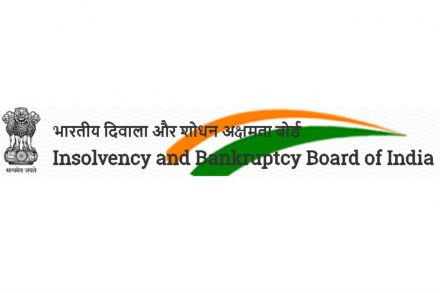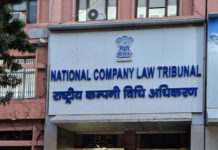One of the biggest challenges faced by business entities, especially the smaller ones, is management of receivables and the risk of receivables turning into bad debt. The Covid pandemic has accentuated this challenge.

To facilitate confirmation of receivables that act as an evidence of receivables, and to avoid disputes later, the concept of Information Utility (IU) was introduced under the legal framework of the Insolvency and Bankruptcy Code (IBC). IU is a platform to submit commercial information of a debtor by a creditor and acts as a repository of information to substantiate the contract, transaction, and debt.
The primary objective is to facilitate and automate the process of verifying the existence of debt and confirming the record of default. IU serves two primary services — to record and provide access to reliable financial information and initiate insolvency proceedings in India by evidencing the record of default.

National E-Governance Services Ltd (NeSL) is India’s first IU registered under the IBC that provides this service.
To use this facility, one must register with the IU by submitting prescribed documents and fees. After registration, the stakeholder must submit the requisite details for recording the financial information along with the communication details of the debtor and supporting documents.
All the financial information must be submitted electronically and an acknowledgement will be issued after the digital signing process. The financial information may be submitted on a bulk basis and is interlinked with the PAN of the debtors.
The information submitted by the creditor is forwarded to the debtor, as an electronic link, for the purpose of verification and authentication. The debtor can agree or disagree with the information, either partially or entirely and indicate the same through an e-sign process.
The debtor is required to verify and authenticate the financial information at the IU within 15 days from the date of receipt. In case of no response by the debtor, three reminders are sent in this time window.
The creditor will be able to monitor the status of authentication based on the response by the debtor against each set of financial information submitted. Status is shown in three colours — green, if the debtor confirms the financial information; red, if the debtor disagrees with the information; and yellow if debtor does not respond even after three reminders, as it will be updated as deemed authenticated.
On updating the information submitted by the debtor, the status of authentication will be communicated to the creditor registered with the IU. A track of all the communications will be available for access. The IU platform can be a great boon for creditors. For example, when there is a payment default, it can be updated with the IU, which will authenticate the submission and issue a demand notice by giving the debtor an opportunity to respond.

If the record of default by way of demand notice served is authenticated or deemed to be authenticated, it will be treated as evidence of instance of default. The creditor and the debtor will be stopped from disputing any of the information, after the submission of information.
Creditors who have outstanding receivables overdue can avail themselves of this facility to crystallise the amount of receivable and create an evidence of default. Armed with the evidence of default, it can be used to initiate insolvency proceeding against the debtor. Demand notices may be generated at the IU without a separate process — leading to cost saving.
Also, MSME Samadhaan has been integrated with IU — when a complaint is registered in that portal, details may be shared with IU and demand notice will be generated and sent by to the debtor on behalf of the MSME creditor, in accordance with the prescribed procedures.

The IU could especially aid creditors with receivables of less than ₹1 crore, who have become vulnerable without a forum, other than civil court, for debt recovery.
















